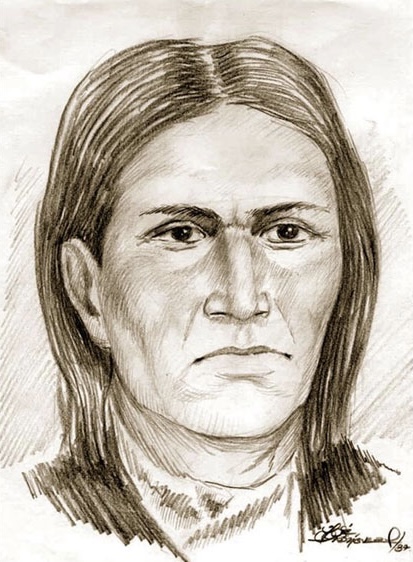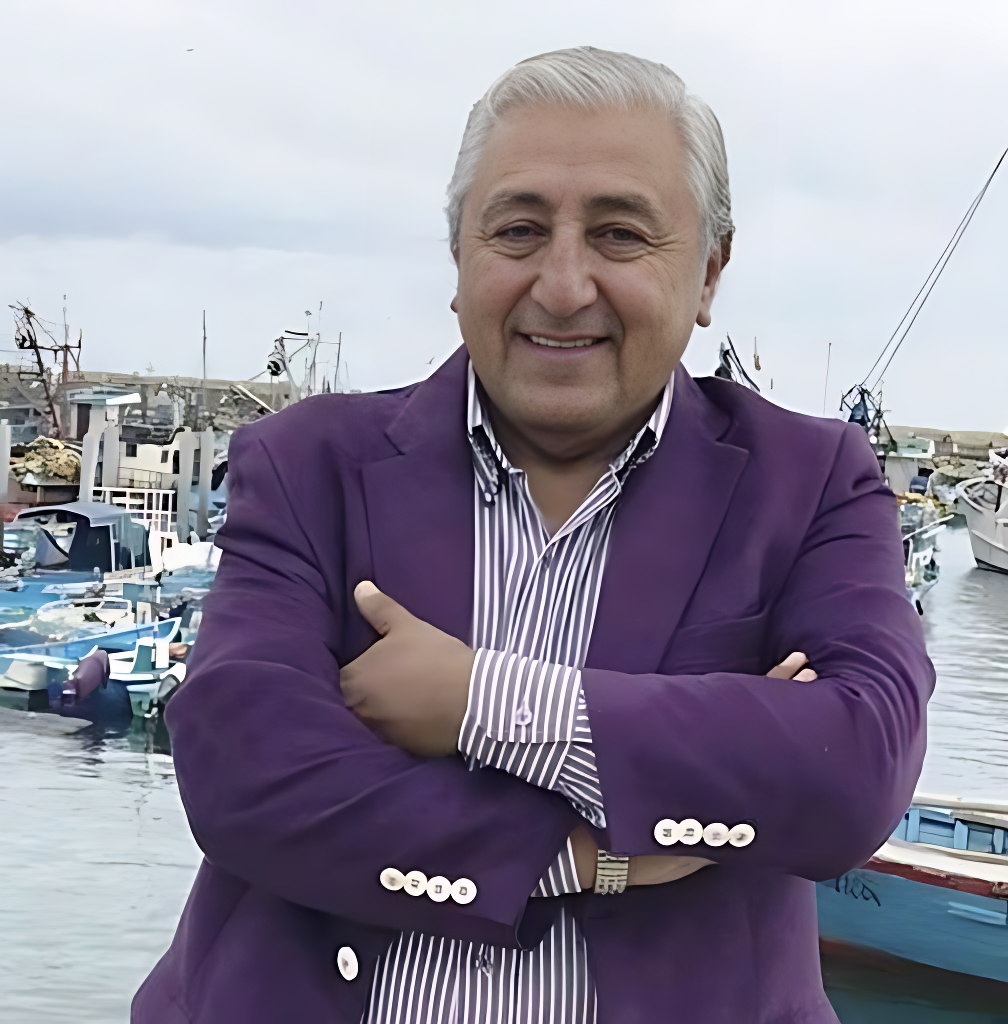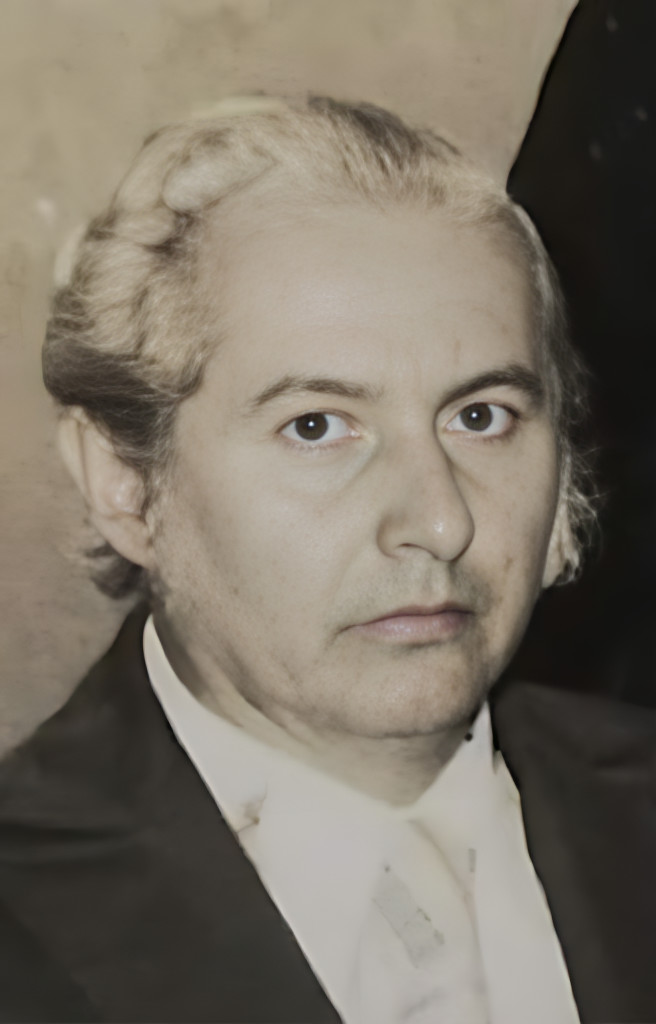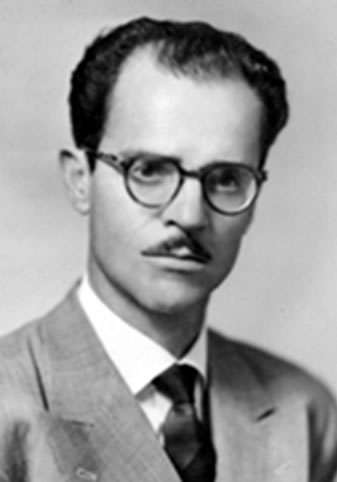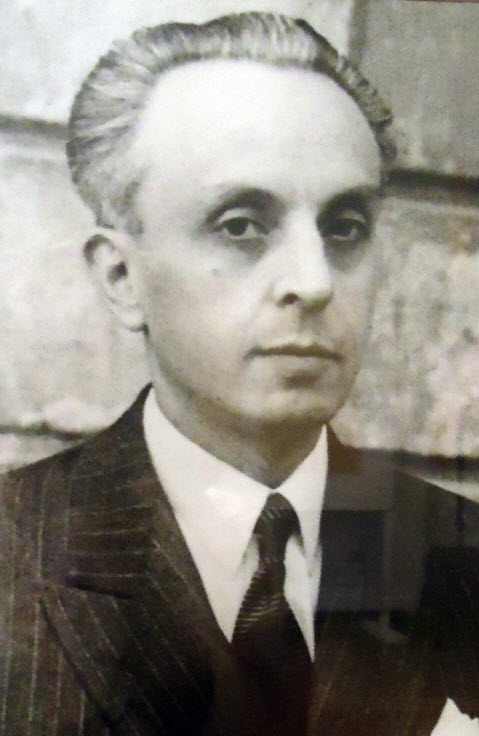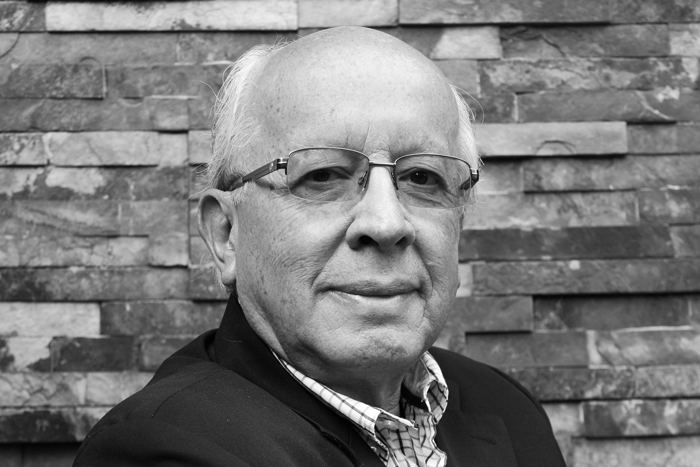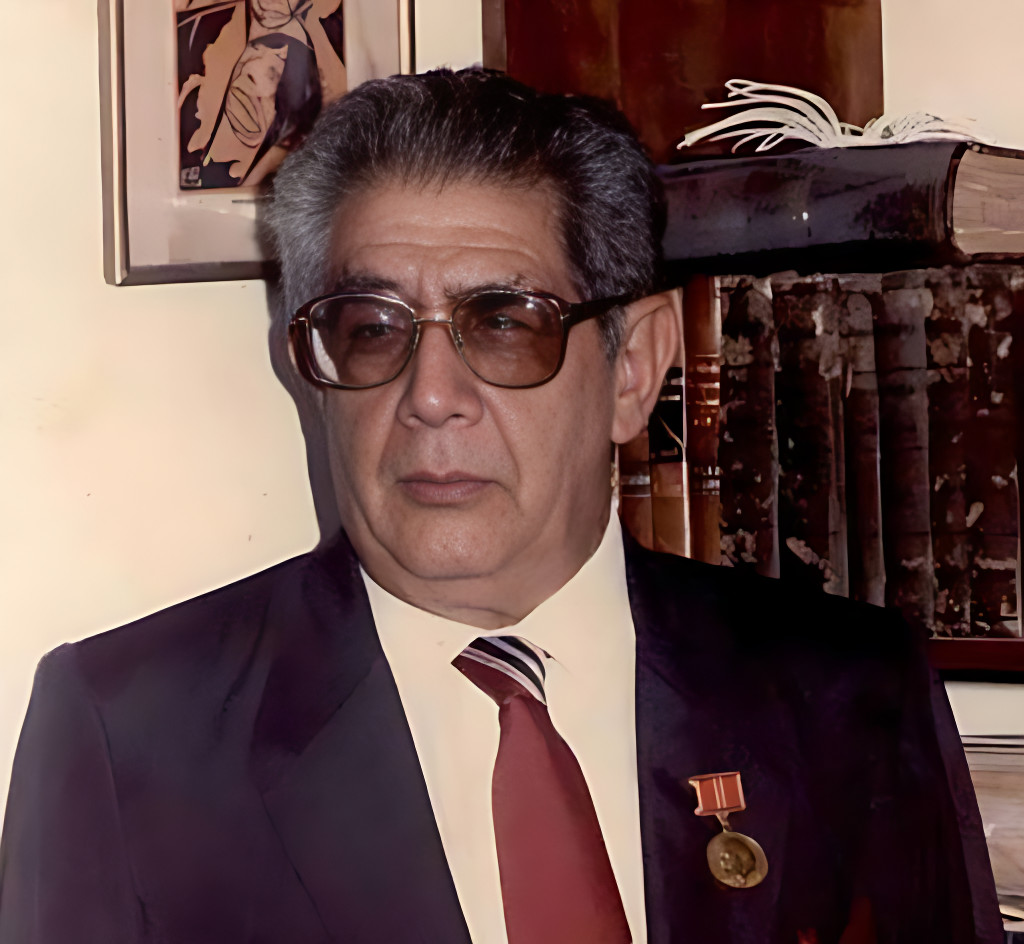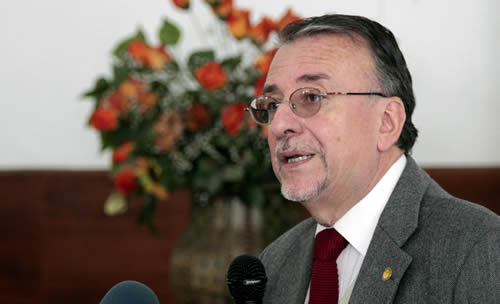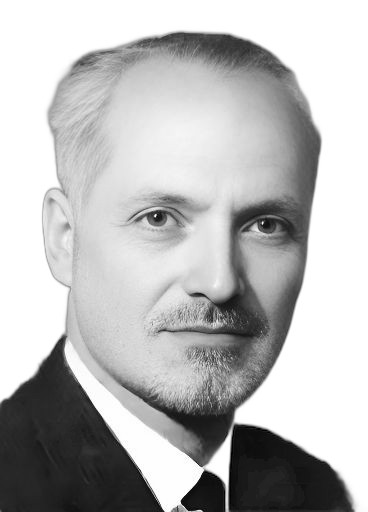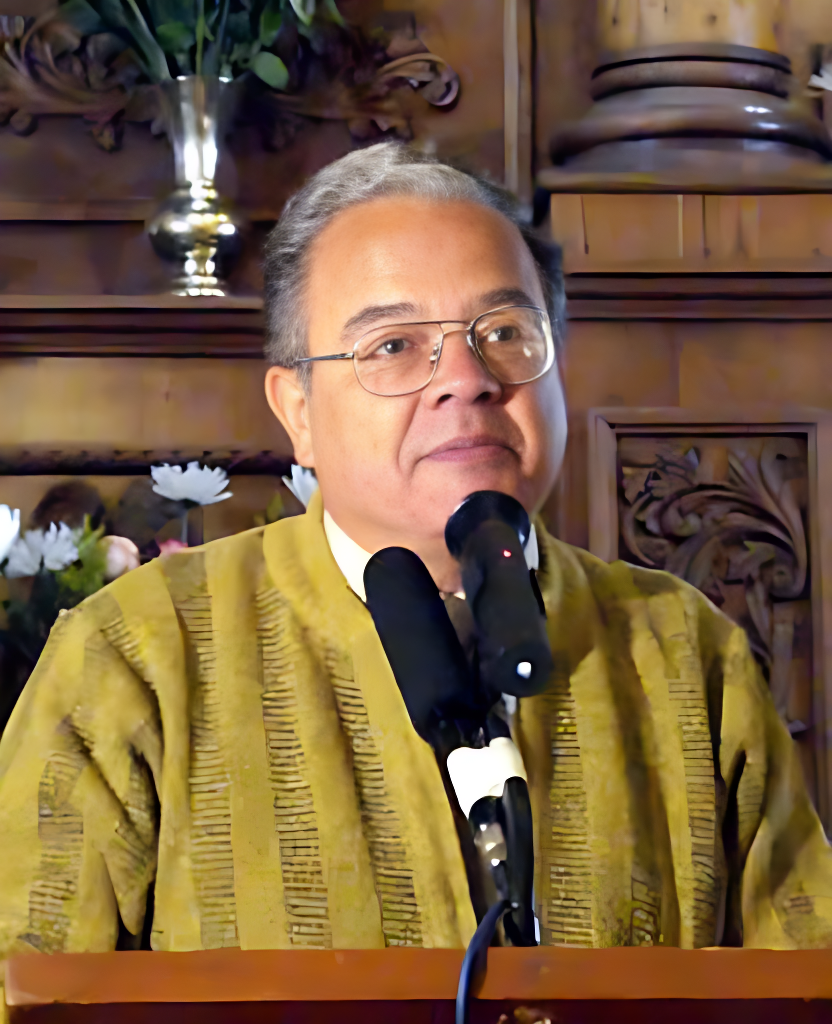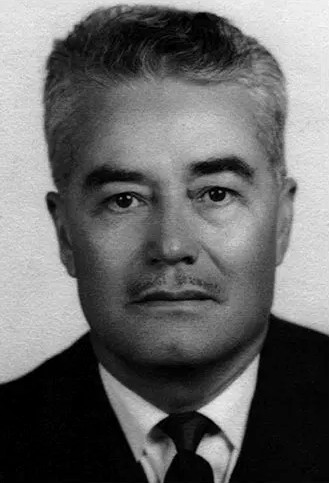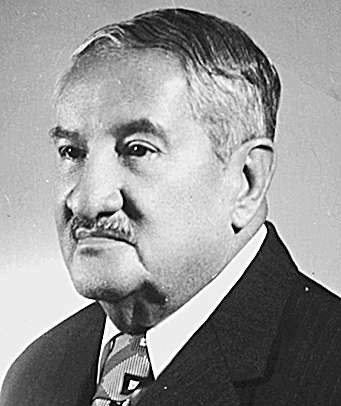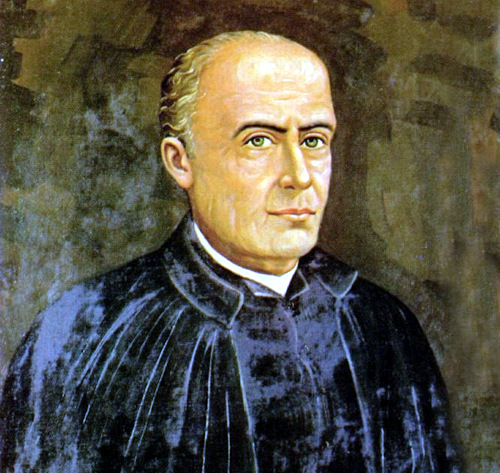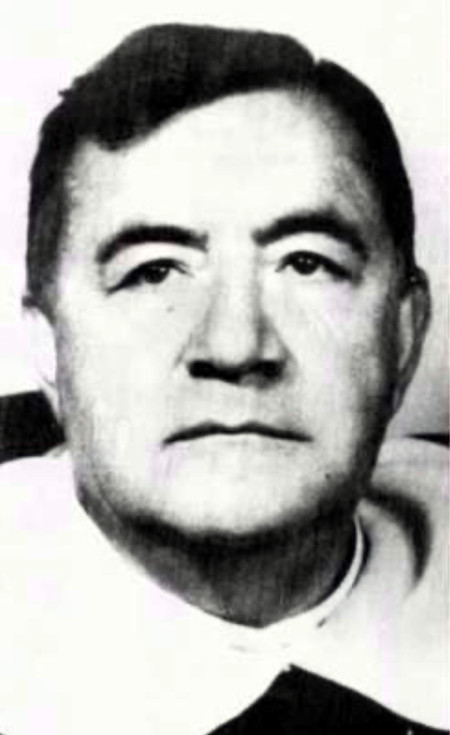Jacinto Collahuazo (Otavalo, 1665 – 17??) was a cacique (indigenous political leader) from Otavalo, Ecuador. He was a poet and historian who was imprisoned by the Spanish for having written a book in Quechua related to the war between Huáscar and Atahualpa titled, “History of the civil wars of Atahualpa and his brother Atoco, known commonly as Huascar Inca.” His work was burned publicly by the Magistrate of Ibarra and he was sentenced to jail, where he spent his last days. He is considered the first Ecuadorian indigenous chronicler. He lived past 80 but his exact date of death is unknown.
Continue reading “Jacinto Collahuazo”Category: Historians
Joselías Sánchez Ramos
Joselías Sánchez Ramos (Tarqui) is a distinguished Ecuadorian historian, writer, essayist, journalist, and esteemed university professor, renowned for his expertise in the local history of Manabi. As a respected member of the House of Ecuadorian Culture in Manabi, he contributes significantly to the preservation and promotion of cultural heritage. Sharing his vast knowledge, he teaches at the prestigious Universidad Laica Eloy Alfaro of Manabi. Notably, among his remarkable body of work stands the acclaimed publication titled “Manta, 1.500 años de vida histórica y la racionalidad de la identidad manabita,” [Manta, 1,500 Years of Historic Life and the Rationality of the Manabite Identity] a profound exploration of the historical tapestry and the profound essence of the Manabite identity.
Family.
With his wife Cecilia he has 4 children and 9 grandchildren.
Works
- Manta, 1.500 años de vida histórica y la racionalidad de la identidad manabita
José Viliulfo Cedeño Sánchez
Dr. José Viliulfo Cedeño Sánchez (Manta, January 21, 1928 – Manta, February 27, 1986) was an Ecuadorian writer, poet, historian, archaeologist, and university professor. He was a founder and secretary of the Manta Cultural Group, he wrote various textbooks on philosophy, Ecuadorian territorial rights, literature and ethics. His poems were published in, “Itinerario del hombre” and “Voces Manabitas.” In 1985, his most notable book was published, “La Confederación Manteña,” a historical study of Manta’s roots. Two schools in the Manabi province bear his name.
Continue reading “José Viliulfo Cedeño Sánchez”Rodrigo Pachano Lalama
Rodrigo Pachano Lalama (Ambato, August 7, 1910 – June 20, 1984) was an Ecuadorian lawyer, writer, poet, journalist, historian, researcher, and teacher. He was elected mayor of Ambato in 1955 for a period of 2 years. He authored Tungurahua’s Hymn, several poetry books, and essays, including one about Juan Montalvo. Throughout his life, he received numerous decorations and distinctions. In one of his books, the Spanish writer and Nobel Prize winner Camilo José Cela recalls meeting the “poet Rodrigo Pachano” during a visit to Ambato in 1954. He founded the Tungurahua chapter of the House of Ecuadorian Culture with other Ambato intellectuals such as Edmundo Martínez, Jorge Isaac Robayo, Rodrigo Vela, Blanca Martínez de Tinajero, and Gerardo Nicola. He was the organization’s president for several years.
Continue reading “Rodrigo Pachano Lalama”José Rumazo González
José Rumazo González (Latacunga, August 28, 1904 – February 26, 1995) was an Ecuadorian writer, philosopher, historian, and poet. He is the author of the celebrated poem “Parusia,” an epic poem that he began writing in 1956 that spans 5,600 pages in 7 volumes. It is one of the longest epic poems in recorded history, with nearly 220,000 verses. It is longer than the Mahabharata by Vyasa, the Ramayana by Valmiki, the Iliad and Odyssey by Homer, and the Aeneid by Virgil. He served as Ecuador’s ambassador to Honduras, Argentina, Uruguay, and Panama, in addition to serving as consul in Seville, Cadiz, Lisbon, and Barcelona. He taught History and Castilian at the Eloy Alfaro Military School, and History and Superior Grammar at the Catholic University of Quito. He was a member of the Ecuadorian Academy of Language, the Ecuadorian Academy of History, the Academies of History of Bogota and Madrid, the Ecuadorian House of Culture, the Bolivarian Society, and other organizations and institutions. From 1975 to 1984, he was the director of the Ecuadorian Academy of Language.
Continue reading “José Rumazo González”César Salcedo Parrales
César Salcedo Parrales, pseudonym Galo Salcedo (Machala, Ecuador, August 22, 1938 – August 16, 2011) was an Ecuadorian writer, painter, educator, journalist and historian. He authored approximately 13 books and several articles for various publications. He primarily wrote historical works about Machala and the province of El Oro. He was a member of the Association of Latin American and Caribbean Historians, the Association of Historians of Ecuador, and the House of Ecuadorian Culture’s history section in El Oro. The provincial historical archive bears his name.
Continue reading “César Salcedo Parrales”Gonzalo Ortiz Crespo
Gonzalo Ortiz Crespo (Quito, October 18, 1944) is an Ecuadorian journalist, essayist, historian and writer. He has written three novels: Los hijos de Daisy (2009), Alfaro en la sombra (2012) and Pecunia non olet (2021), a corruption thriller which made it to Primicia.ec’s 2021 list of “the 10 books by Ecuadorian writers that marked the year.” He is a member of the Ecuadorian Academy of Language and the National Academy of History. He wrote for the newspapers El Tiempo, Hoy, EL COMERCIO and the magazine Gestión. He has worked as a university professor and has held various posts such as secretary of communication, secretary of the administration of President Rodrigo Borja, and councilor of Quito.
Continue reading “Gonzalo Ortiz Crespo”Elías Muñoz Vicuña
Elías Muñoz Vicuña (Yaguachi, Guayas, May 10, 1922 – Guayaquil, February 10, 1997) was an historian, writer, university professor, and member of the Ecuadorian Communist Party. His historical essays include: El 15 de Noviembre de 1922 (1978), Biografía de Olmedo (1980), and Papel Histórico de Vicente Rocafuerte (1983). In 1976 he was appointed professor of Economic, Social and Political History of Ecuador at the Faculty of Economics of the University of Guayaquil; in 1984 he was declared a member of the Institute of Labor Law; and in 1985 member of the Guayas chapter of the House of Ecuadorian Culture, and Visiting Professor of the Institute of Diplomacy of the University of Guayaquil. In 1983 he became a member of the National Academy of History. He traveled to many countries as a representative of the Ecuadorian Communist Party, including to Cuba in 1966 per the invitation of Fidel Castro; and in 1970 at the Centenary of Lenin’s birth in Ecuador, the Soviet Union awarded him with the “Lenin Gold Medal” in a public ceremony. Several educational institutions are named after him in Guayaquil.
Continue reading “Elías Muñoz Vicuña”Enrique Ayala Mora
Enrique Ayala Mora (Ibarra, November 13, 1950) is an Ecuadorian historian, essayist, editor, university professor and politician. He works as a professor at the Central University of Ecuador and the Simón Bolívar Andean University. He was a deputy of Ecuador, vice president of the National Congress and member of the Constituent Assembly (1997-1998). He is currently the President of the Ecuadorian Socialist Party. As an editor and writer, he has published over 30 works on history and politics.
Continue reading “Enrique Ayala Mora”Ricardo Descalzi
Ricardo Descalzi del Castillo (Riobamba, September 22, 1912 – Riobamba, November 29, 1990) was an Ecuadorian novelist, historian, playwright, short story writer, translator, literary critic, university professor and medical doctor. In 1928, he founded the magazine Surcos with his Mejía National Institute classmates José Alfredo Llerena and Arturo Meneses. After graduating from high school in 1932, he published “Ghismondo,” a 100-page novel based on his experiences as a student. He also wrote the novel “Saloya” (1962), a short story collection “Los murmullos de Dios” (1959), and the stage plays “Los Caminos Blancos” (1939), “En el horizonte se alzó la niebla” (1961), and “El huasipungo de Andrés Chiliquinga” (1981). His six-volume “Historia crítica del teatro ecuatoriano” is perhaps his most important work (1968). Among his translations is “Poemas” (1969), a French-to-Spanish translation of poems by Nobel laureate Jean Poilvet Le Guenn. The Tobar Prize was bestowed upon him by the municipality of Quito in 1968. He was a member of the House of Ecuadorian Culture, the National Academy of History, and the Bolivarian Society of Quito, where he served as its vice president.
Continue reading “Ricardo Descalzi”Fernando Jurado Noboa
Fernando Jurado Noboa (Quito, 1944) is an Ecuadorian psychiatrist, historian, biographer, essayist and genealogist. Between 1967 and 1975, he studied medicine at the Central University of Ecuador, and from 1976-1979 he studied psychiatry in Spain. In 1973 he became the youngest member of the Ecuadorian Academy of History. He has been one of the most prolific historic researchers in Ecuador and he has published a large number of works. He has authored more than 50 books and 500 articles in historical and medical journals. He founded Ceniga in Quito (1980) and Sociedad Amigos de la Genealogía (1983).
Continue reading “Fernando Jurado Noboa”Gonzalo Rubio Orbe
Gonzalo Rubio Orbe (Otavalo, Imbabura, June 29, 1909 – October 24, 1994) was an Ecuadorian anthropologist, historian, biographer and educator. He was a protégé of Pío Jaramillo Alvarado, a key leader of the indigenista movement. Rubio’s works represent some of the earliest anthropological assessments of indigenous societies in Ecuador. His principal book is Los Indios Ecuatorianos (1987; The Ecuadorian Indians). From 1971 to 1977, he directed the Inter-American Indian Institute (III), based in Mexico. He also wrote biographies on notable Ecuadorians, such as Luis Felipe Borja and Eugenio Espejo. An indefatigable educator, he continued to lecture to university students until his dying day.
Continue reading “Gonzalo Rubio Orbe”Abel Romeo Castillo
Abel Romeo Castillo y Castillo (Guayaquil, January, 22 1904 – Guayaquil, November 11, 1996) was an Ecuadorian writer, historian, biographer, journalist and poet. He was the son of José Abel Castillo Albornoz, the former owner of the newspaper El Telégrafo. Castillo earned a doctoral degree in history in 1931 from the Central University of Madrid, Spain. Among his more notable books are his biographical works on Medardo Ángel Silva, Aurora Estrada i Ayala and José Joaquín de Olmedo, to name a few. His poems “Romance de mi destino” and “Romance criollo de la niña guayaquileña,” were turned into popular pasillo songs. Castillo was one of the founders of the Society of Independent Artists and Writers, and of the Guayas branch of the House of Ecuadorian Culture. Castillo was a member of the Ecuadorian Academies of Language and History.
Continue reading “Abel Romeo Castillo”Juan de Velasco
Juan de Velasco y Pérez Petroche (Riobamba, January 6, 1727 – Faenza, Italy, June 29, 1792) was an influential 18th-century Jesuit priest, historian, and professor of philosophy and theology from the Royal Audience of Quito. He dedicated his life to intellectual pursuits and made significant contributions to various fields of study. Velasco’s most notable work, “Historia del Reino de Quito,” sheds light on the existence of a pre-Inca kingdom in Ecuador, leaving a lasting impact on the country’s historical narrative. His scholarly endeavors extended beyond history, as he also wrote textbooks on physics and anthologies of poetry. Velasco’s versatile expertise and commitment to knowledge continue to be admired, making him a celebrated figure in Ecuadorian intellectual and cultural heritage.
Continue reading “Juan de Velasco”José María Vargas
Fray José María Vargas Arévalo O.P. (Chordeleg, Azuay, November 9, 1902 – Quito, March 25, 1988) was a distinguished Ecuadorian Dominican friar, historian, and author. Ordained on December 28, 1928, he made significant contributions to historical literature. His works include biographies of the 16th-century South American painter Fray Pedro Bedón and the Spanish Dominican missionary Fray Domingo de Santo Tomás. Vargas was renowned for his in-depth historical accounts of Ecuador, with notable titles like “La Cultura del Quito Colonial,” “La Evangelización en el Ecuador,” and “La Misión Científica de los Geodésicos Franceses en Quito.” His outstanding contributions to Ecuadorian culture were honored in 1984 when he was awarded the prestigious “Premio Eugenio Espejo” in the category of Culture.
Continue reading “José María Vargas”